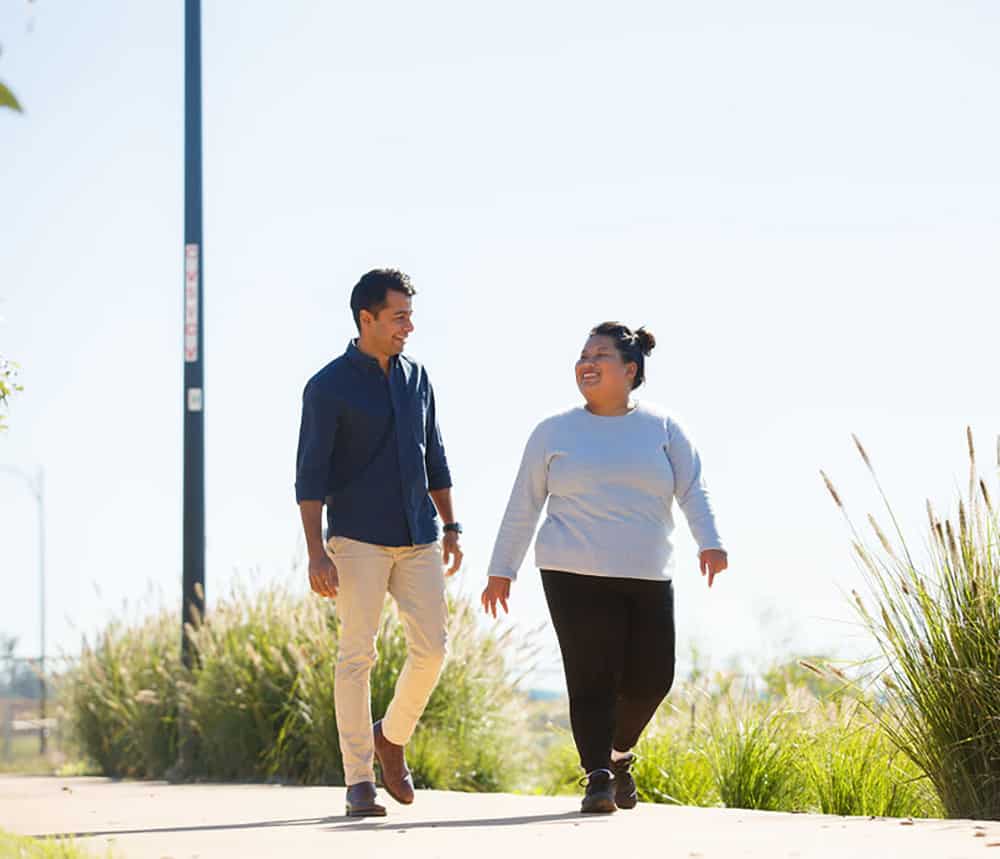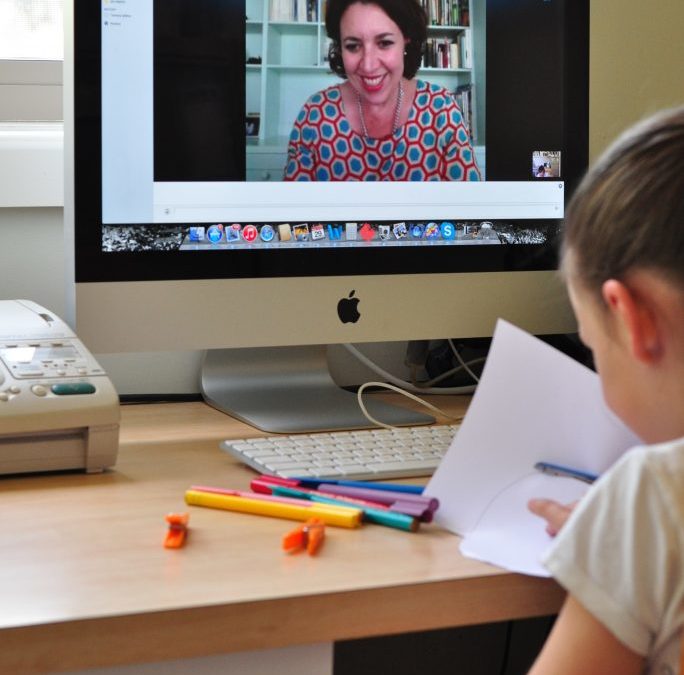It is often said that good strategy requires the courage to make choices. More specifically, to choose what not to do. Steve Jobs famously advocated for focus and simplicity, once saying “simple can be harder than complex”.
We had a moment of realisation in early 2021 that we were trying to do too much. And by trying to do too much, we were spreading ourselves too thin, diluting our purpose and creating ‘friction’ for both our people and our customers.
As a very early new market entrant and registered provider in the National Disability Insurance Scheme (NDIS), with purpose at our core and a hard-earned reputation for focused innovation in the disability sector, this was a bit of an embarrassing realisation.
Hold on … how did we get here?
Back in 2014, in the early days of the NDIS, it was a very interesting and exciting time for us as a young emergent business.
I distinctly remember sitting at a rainy cafe one morning excitedly thumbing through the first NDIS price guide, as the scheme was preparing to transition from trial sites to a national rollout. The very idea that people with disabilities would finally be empowered to use their funds in pursuit of their life goals, meant that ideas for different services and solutions were jumping off the pages. The document was well over 100 pages and was dog-eared and marked up throughout. To me, this very dry and foreign document seemed so full of promise and potential.
After much deliberation and discussion, we settled on the simple but powerful core idea that ‘better health belongs to everyone’. We launched with nutritionally complete and personalised meals, allied health support, and a support team built with, and for, the disability consumer.
Well… we were in for a rude shock and reality check.
The road ahead was full of obstacles. We were told ‘no’ countless times. Long-standing disability advocates publicly shamed us for trying to create something new. Well established disability-focused organisations scoffed at our efforts. And potential funders told us it would never work.
But you know who loved us? Our customers. And so we persevered. We kept listening to our customers and kept delivering what they asked for. And through this relentless focus on solving for our customers, we built a community and a business to be proud of.
The market and the consumer are maturing
As the scheme has rolled out and started to mature (it’s still very early of course), we have seen a rapid shift towards the disability consumer becoming an empowered, sophisticated and discerning consumer of supports and services.
Incumbent disability-focused organisations have long been guilty of promising all things to all people – which is code for securing participant funding and hoping to figure out how to deliver value after the
fact (or not). Some have made the shift towards the new consumer-centric paradigm, but many have not.
And so we are seeing participants ‘vote with their service agreements’, choosing to entrust smaller and/or specialist providers with their goals.
Specialisation: an aspiration to be the best, not the biggest
We have always believed that the pathway to being a great business is through truly understanding and solving for the needs of our customers.
Despite the (unhelpful and often inaccurate) media dialogue about the cost of the scheme, participant plan funds are very precious. Consumers are thoughtfully and purposefully investing in supports that will most meaningfully help them meet their goals.
Additionally, the 534,000 participants on the scheme are not a homogenous population. In fact the very opposite – a diverse group of humans with varied needs and interests.
This is especially true when it comes to their health and wellbeing goals.
A commitment to making some bold changes
As our business grew in size, it also grew in complexity. Our allied health business started to grow independent of our meals business. And before we knew it, we were actually operating two businesses in one – with different customer needs, different operating rhythms and different cultures. This complexity was slowing us down, and worse, not allowing us to best meet these specific needs of our customers.
It was this simple realisation that meant we needed to change. And so we made a decision to separate the two businesses, and to set them up to stand on their own.
This has necessitated a number of changes (some of them painful) and an ask for our team to do a huge amount of heavy lifting over the last 18 months. It has been a very inwards-looking period of work. An evolution, not revolution.
Some of the things the team has been hard at work to achieve include:
- Separating our allied health business and meals business
- The strategic acquisition of Therapy Connect, and integrating that with our existing allied health business
- The strategic acquisition of Dylan Alcott’s Able Foods, and folding that business into our meals business
- Repositioning the brands to be clearer and more targeted, with Kinela remaining as the ‘umbrella brand’ whose role it will be to build and grow more for purpose businesses
And all while growing the businesses and supporting our customers, in a pandemic-impacted operating environment.
We have historically been reticent to share our business progress. But we have seen firsthand the power of values-aligned businesses coming together, and the power of bringing the best and brightest minds to the disability space. We are proud of the work we do and want to see more passionate innovators building solutions for the disability consumer.
Two market-leading businesses: Therapy Connect and Able Foods
The end result of this period of change is two very different businesses, both market leaders in their own right.
What they have in common however is a shared belief that better health belongs to everyone.
Moving forward with focus and simplicity
One of the great hopes of the original architects of the NDIS was that the market would foster greater investment, improved services and ultimately better value for consumers.
We’re only eight years into our journey, and still feel like we’re only scratching the surface of what’s needed and what’s possible.
The changes we’ve made will set us up to better serve the specific needs of our customers, and we are all excited to return our focus towards the relentless pursuit of customer excellence, research, and creation of solutions that don’t exist in market… yet.




